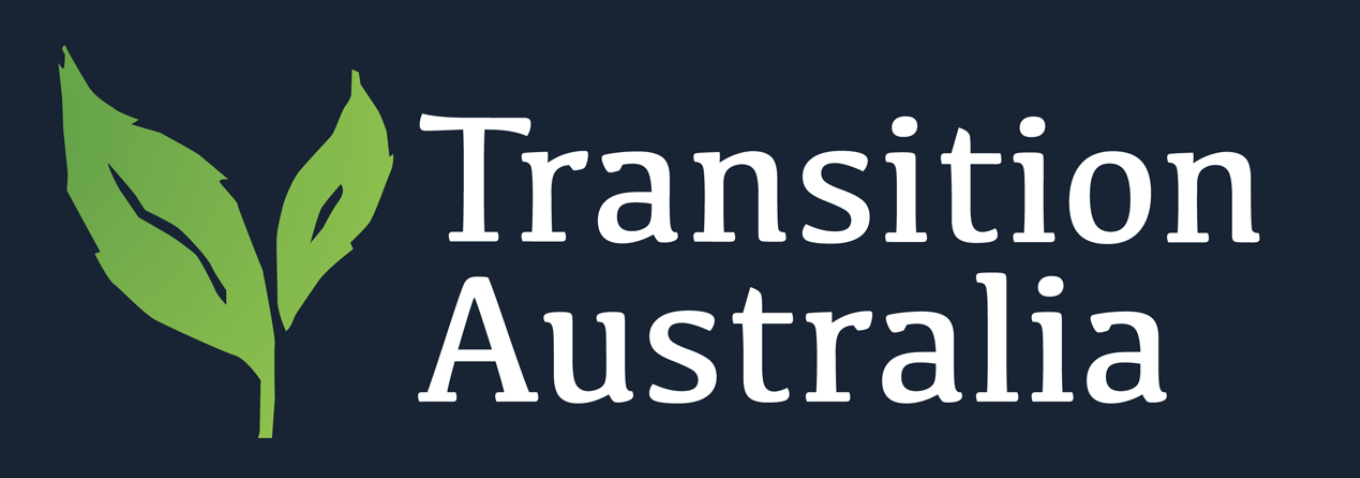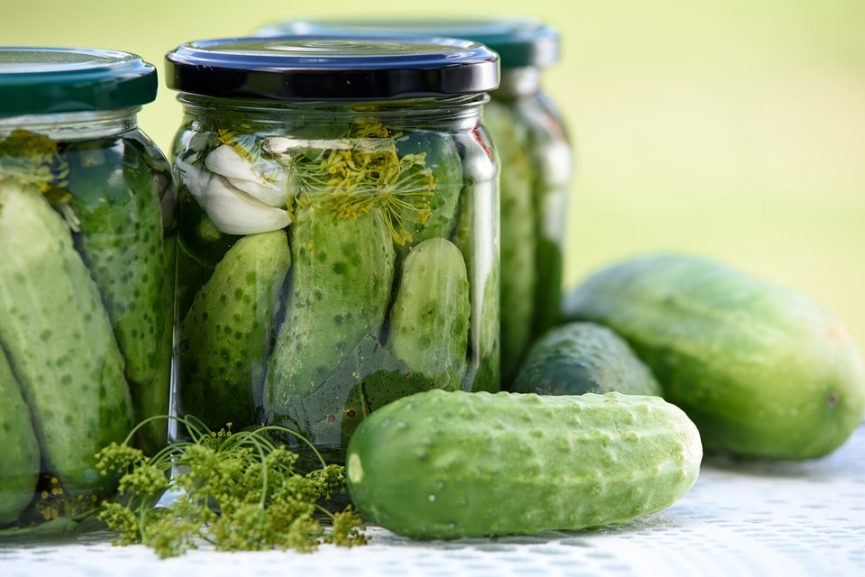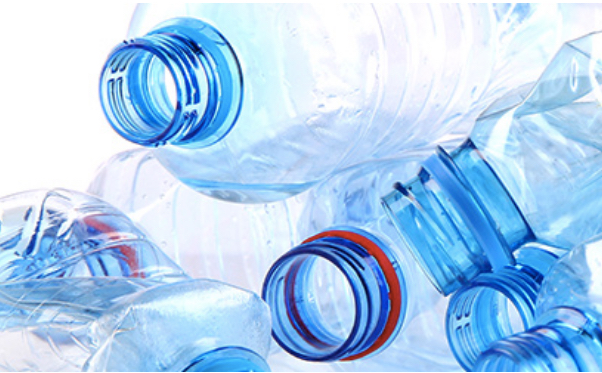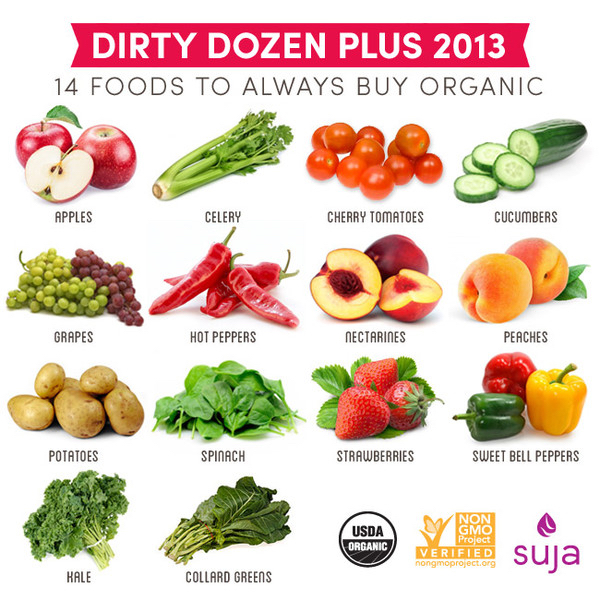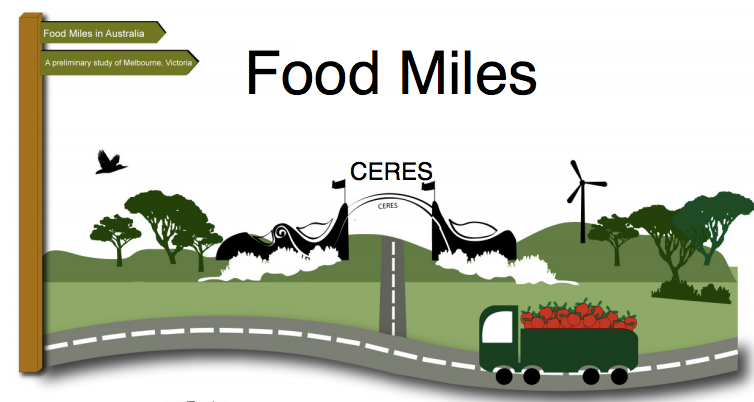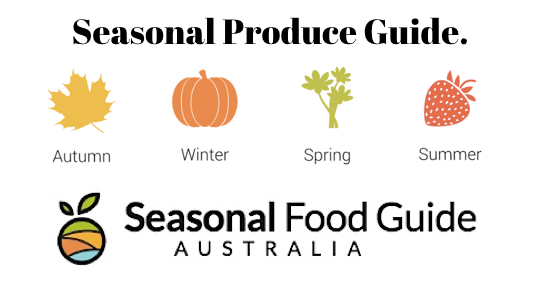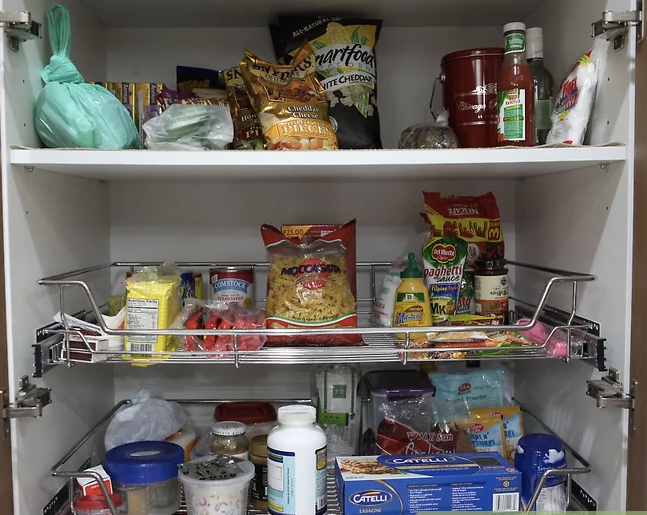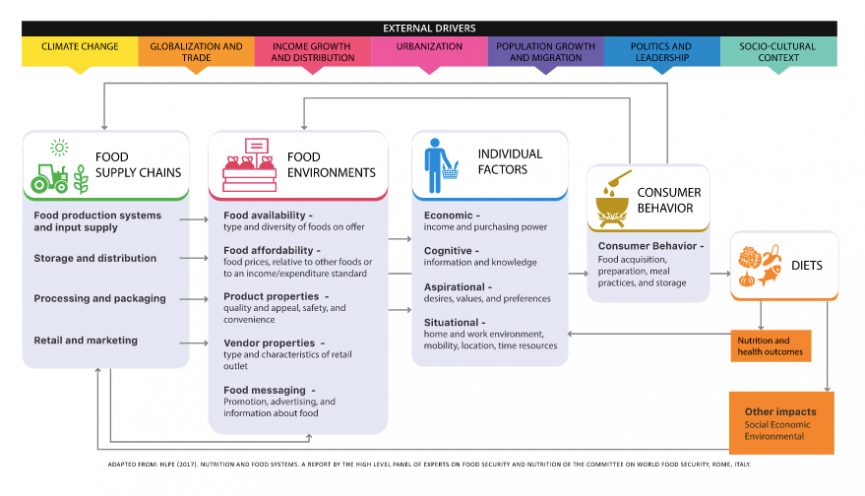Can I preserve this?…….. Transition Streets 3.10 There is real value in having longer life preserved foods – dried fruit, vegetables, and meats; dehydrated products like spaghetti; bottled and canned foods (oxygen, bacteria, and mould free); jams & passata. It is convenient at meal time, and help us extend seasonal foods. Check out these Preserving Basics on a handy web … Read More
Raw and Fresh – Safety First
Is it safe to eat now?…….. Transition Streets 3.9 Raw & Fresh – hygiene and storage. Wash all food preparation areas, wash and scrub home harvested produce before bringing inside, and wash and rinse produce just before eating or making into the meal. Go here for more from the Food Safety Council guidelines on handling fruit and vegetables. And more … Read More
Help Me Recycle Plastic!!
Can you recycle it?…….. Transition Streets 3.8 There is no reason (apart from economic) why food packaging is not fully recycled or reused. There are government standards that label recyclable plastic, and programs like REDcycle that manage soft plastics that otherwise are rejected at transfer stations and then become land-fill waste. Sustainability Victoria has a guide to the types of … Read More
Packaging and Food Waste
Is Food Wrapping a Bad Idea?…….Transition Streets 3.7 Some plastic wrapping and packaging may be necessary for processed and bulk foods, and there are studies that show that the plastic waste from fresh food packaging is less climate damaging than the negative effect the 20%, or more, of that food being wasted through damage or spoiling in shipping, storage, and … Read More
What Type of Food is That..?
Organic, Chemical Free ??……Transition Streets 3.6 Organic fruit, vegetables, milk, eats, and even biscuits….what do the labels mean? A short Local & Home Grown (pdf) for a quick round up of the terms – Organic, Chemical Free, Biodynamic,and Permaculture. Tom Danby, Moonee Valley Sustainability, 2020
Pesticides in Food
Pesticides and You…….Transition Streets 3.5 Large scale, industrial farming, both for food and for things like cotton, has relied on pesticides to maintain their production rates. Any monoculture is open to “weeds” and “pest insects” because the natural balance has been broken. Quick information on Pesticides [pdf] Explore much more with Friends of the Earth The most common pesticides 1. … Read More
What are Food Miles?
A Brief Intro to Food Miles…….Transition Streets 3.4 Because the transport of food uses fossil fuels, there is a hidden cost to the environment. But it is much more than that – it also means “globalised seasonal foods” – like blueberries in winter – and weirdly, the stages of picking and packaging can occur hundreds of kilometres apart. More information … Read More
Seasonal Food Guides
Eat Ethical – Eat Seasonal……Transition Streets 3.3 Being aware of when foods are at their freshest, and of when it is the best time to harvest or gather, makes a lot of sense. These foods are at their peak nutritional value, and at the most natural “harvest” time for the plants. And, as a bonus, they should be at their … Read More
Thinking About Your Food
Ready for a Food Audit……Transition Streets 3.2 Buying food and preparing meals can get a bit automatic – are you ready to do an audit of what you have in your pantry and fridge, and then look at what you eat, and what you throw away? Download pdf – a general pantry, and fridge food audit worksheet Tom Danby, Moonee … Read More
The Real Cost of Food
There is a hidden cost to food……Transition Streets 3.1 Food costs more than just the price at the shop. The industrial way food is produced, the social changes this has forced, the cheap fossil fuel energy needed, and the overall CO2 footprint, means there are huge hidden costs – and yet this large scale production will not be enough. … Read More
